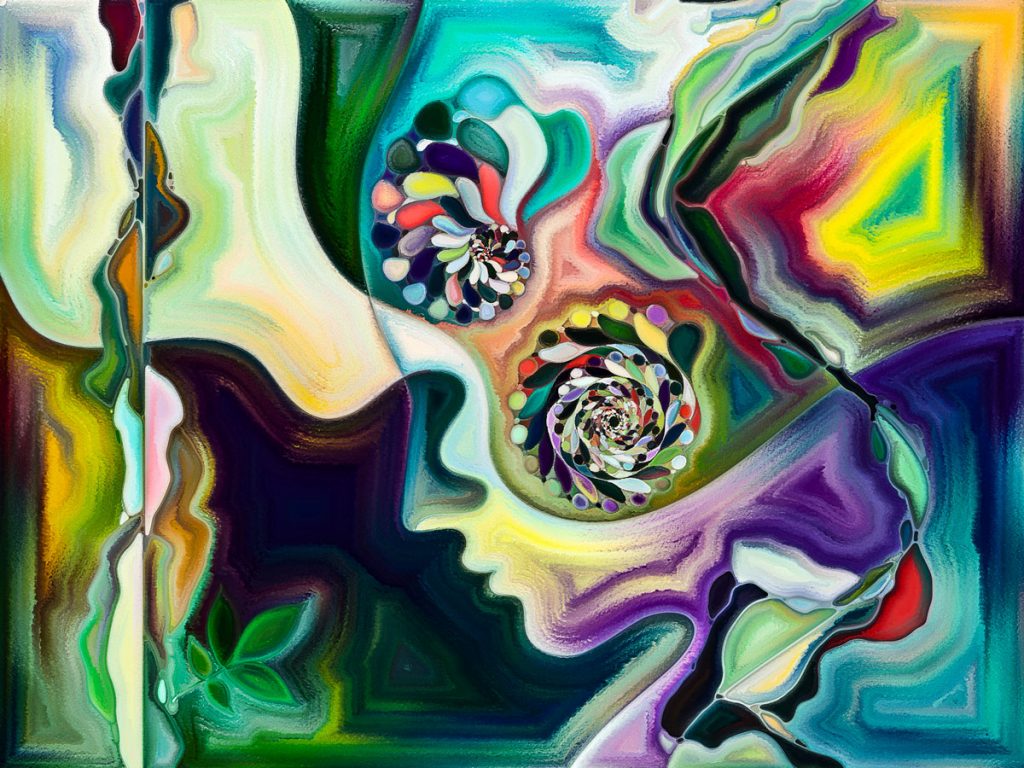
Danièle Joly | Muslim Women and Power: Political and Civic Engagement in West European Societies
On March, 12, Danièle Joly, the co-leader of the IPEV working group “Women and violence with a gendered approach: MENA region and diaspora” presented her new book Muslim Women and Power: Political and Civic Engagement in West European Societies at Fondation Maison des sciences de l’homme.
Danièle Joly presented the obstacles in the family, the community and in society that restrain the political and civic engagement of women from Muslim majority countries in France and in United Kingdom. She also highlighted the differences and similarities between both countries.
For Danièle Joly, however, women themselves often question these limitations. They often negociate with their families and community in order to have more autonomy. Women believers justify their actions and their wish to take part in society thanks to the Koranic text. Thus, in this case, Islam becomes be a medium for integration, because it prevents them from breaking with their family and allows them to participate in society at the same time.
In the societies they live in, even if numerous assistance (especially in education) allow women from Muslim background to get more freedom, in fact many restrictions limit them in their political actions. Indeed, some measures and laws prevent them from being visible in the public sphere, as French laws that forbid to wear any distinctive religious clothing in the public sector. Thus they cannot access 30% of the jobs.
However, Danièle Joly and Khurseed Wadia’s work shows that women from Muslim background in France and United Kingdom are clearly willing to develop their civic and political participation. In both countries they are very active through associations and charities. In order to increase their freedom, they find strategies to circumvent the obstacles and to take advantage of facilitating factors from their communities of origins and from the society they live in.
These data are very unknown and tend to enhance and improve public policies.
